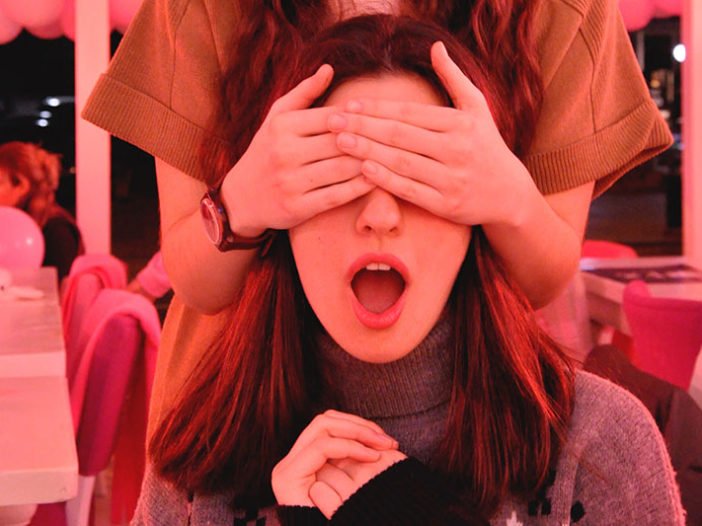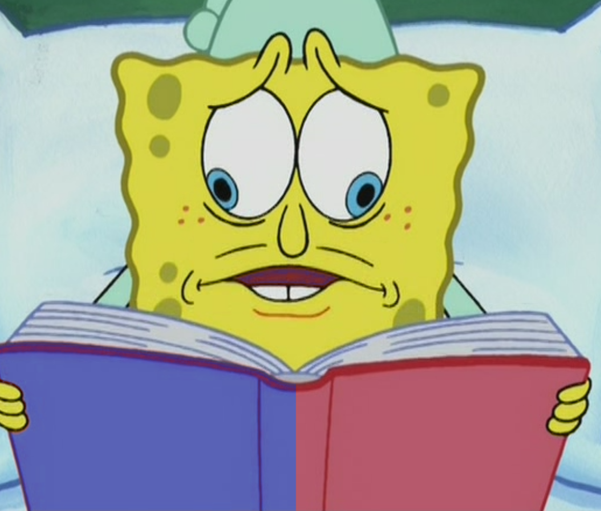
What does the expression, “keep an eye out” mean?
Thankfully, it doesn’t mean removing one of your eyes!
As you know, there are many expressions in English which shouldn’t be taken literally. “It’s raining cats and dogs” is possibly the most famous example, which means it's raining a lot.
You’re probably also familiar with the fact that there are many phrases that are very similar, but very different at the same time.
In this post, we’ll look at two of them – the difference between “keep an eye on” and “keep an eye out for.”
Keep an eye on
Keep an eye on someone or something means to look after someone or something. It means to keep something under careful observation.
For example, if you're asking someone to look after your child, you might say,
If you're studying at a university library, you might ask a friend to make sure no one steals your computer while you're away.
So, to keep an eye on something or someone means to look after it.
Eye or Eyes?
You might have noticed that it's an eye not eyes.
Why only one eye, not two? Well, usually if you’re keeping an eye on something or someone, you’ll be doing something else at the same time.

With the examples above, you might be looking after your own children while keeping an eye on someone else’s.
You’d probably be doing your own work while keeping an eye on someone’s laptop computer.
You could also say “please look after someone or something” but this comes across much more formal, and as a much bigger responsibility. It's more conversational to say, “please keep an eye on someone or something.”
If you’re keeping an eye on something, you don’t really need to do anything other than glance at it every now and again.
But if you're looking after something, you’d have to be a little more proactive.
Keep an eye out for
Keep an eye out for someone or something means to look for it or watch out for it. It also means to spy on something. You're watching carefully for something or someone to appear. When you keep an eye out for something, you're on alert!
For example, you're supposed to meet someone at a conference. But there are a lot of people at a conference so it's not easy to spot him or her.
In that case, this is what you might say.
You are in a taxi and you might be giving the driver some directions.
“Keep an eye on” and “Keep an eye out for” sound similar but have a huge difference in meaning!
“Keep an eye on” vs “Keep an eye out for” Difference
You want to keep an eye out on a child because you want to check on her and make sure she doesn't hurt herself.

You keep an eye out for someone if you're looking for them. You wouldn't keep an eye out for someone else's child unless you're a secret agent and you're spying on a child with dangerous supernatural abilities.
While driving, you want to keep an eye out for a sign because when you see it, you want to make the turn at the right junction. You do not want to miss the sign and make a wrong turn.

If you say, “Please keep an eye on a sign” it would mean, “Please keep staring at the sign” which sounds odd. You wouldn't ask someone to keep an eye on a sign unless you're worried that someone might steal the sign.
Luckily, the addition of “for” should help you differentiate. Just remember to keep the meaning clear.
Wrap-up
So, next time you’re talking with a friend in English, see if you can use one of these phrases in a conversation!
And don’t forget to keep an eye out for more great blog posts from us in the future!







Add your first comment to this post